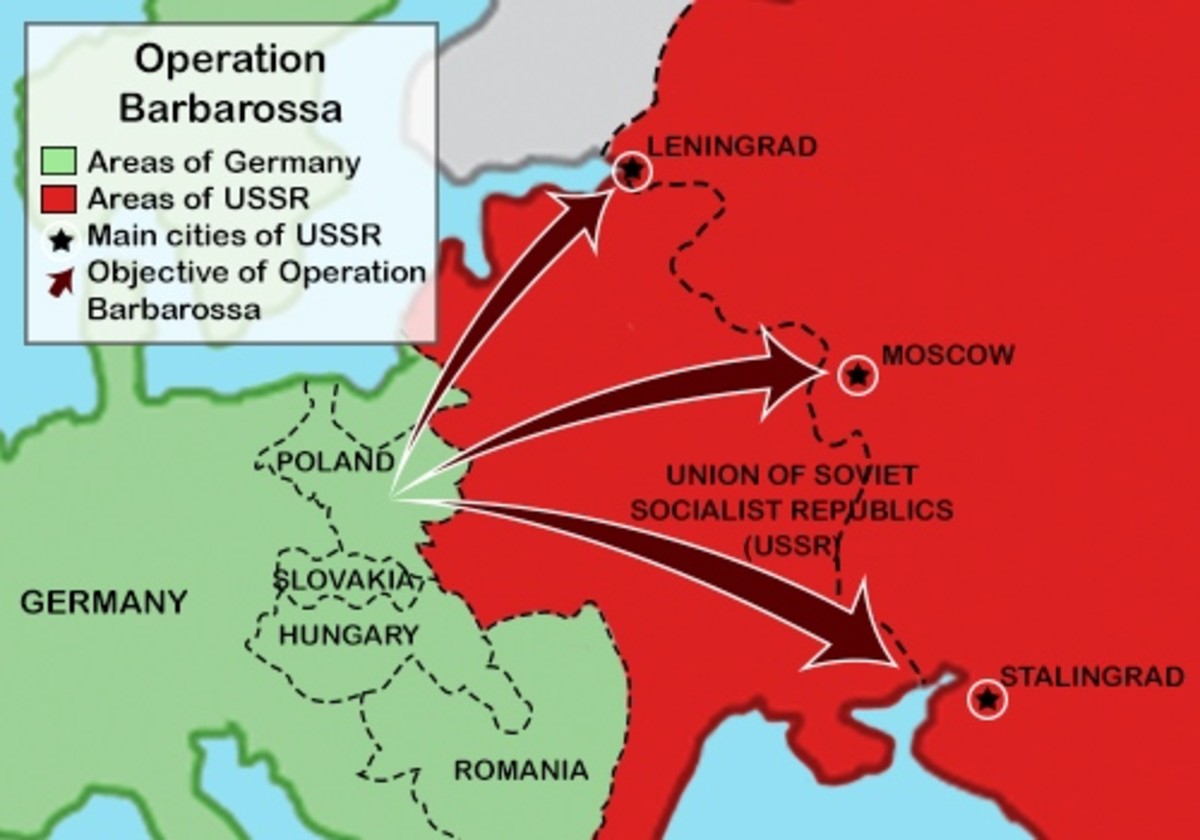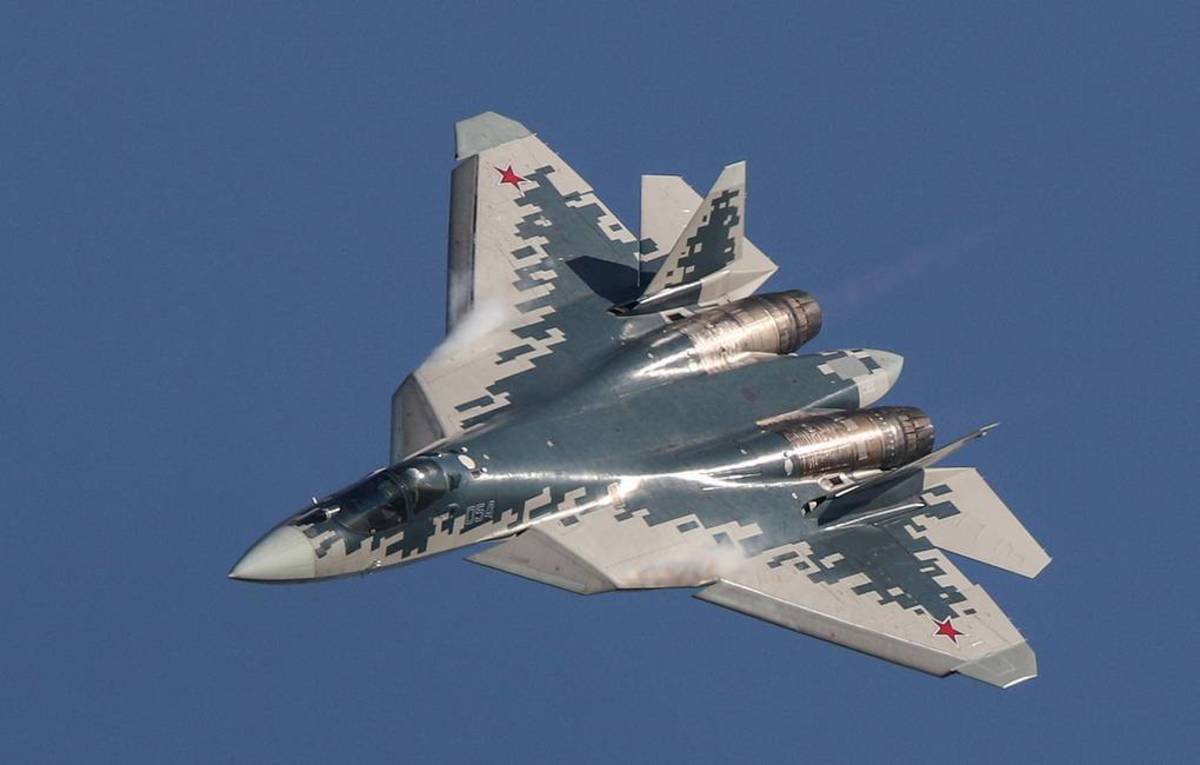Is it the Year 2014 . . . or 1938?
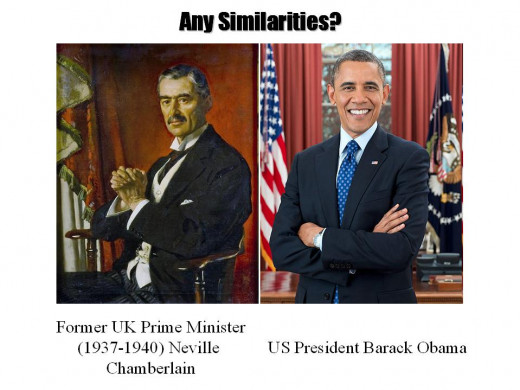
The Definition of Appreasement
"Appeasement, the policy of making concessions to the dictatorial powers in order to avoid conflict, governed Anglo-French foreign policy during the 1930s. It became indelibly associated with Conservative Prime Minister Neville Chamberlain. Although the roots of appeasement lay primarily in the weakness of post-World War I collective security arrangements, the policy was motivated by several other factors." (History of WW2 -- http://www.history.co.uk/study-topics/history-of-ww2/appeasement.)
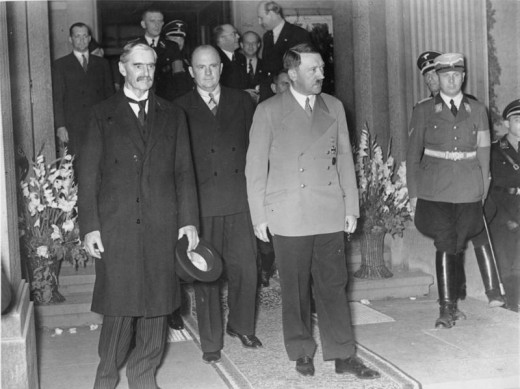
Some History
A little history: in 1938, representatives of the governments of the UK, France, Germany, and Italy met in Munich to discuss German claims on a part of what was then Czechoslovakia that had a German majority (the Sudetenland). To make a long story short, the Germans got everything they wanted. Then-Prime Minister Neville Chamberlain had Adolf Hitler sign a piece of paper stating that the agreements signed by the two countries (UK and Germany) were "symbolic of the desire of our two people never to go to war with one another again." When questioned by Foreign Minister Joachim von Ribbentrop as to why he signed it, Hitler basically told him the paper was meaningless. And so it was, as Germany eventually swallowed up the rest of Czechoslovakia, and then invaded Poland, setting off World War II.
For a while, "Munich" practically became a synonym for the word "appeasement," whereupon one negotiating party gives in to the other in order to reach some kind of settlement to keep the peace. Appeasement did not "appease" Hitler, nor did it work some years earlier when Britain and France tried to appease Mussolini after he invaded Ethiopia. More recently, the term has been used during the Cold War when arguments were being made that US policy towards the USSR wasn't strong enough. In the context of today, "appeasement" is not the only word to describe the foreign policy of the Obama administration as the words "weakness," "indecision," and the phrase "it's not my fault" come to mind
I maintain that his foreign policy has been almost a total failure from the start, leading us into the dangerous situation we face today. Consider: one of the first things he did after taking office was going abroad on what has come to be called "The Apology Tour," during which he seemed to focus on America's past mistakes. In France in April 2009 he said, "There have been times where America has shown arrogance and been dismissive, even derisive." This was part of his pledge to mend relations with our allies and adversaries but, as things have played out, these and similar remarks made it seem as though he was apologizing for America's past actions overseas. Now the USA has not always behaved perfectly (what nation has?) but this seems to me to be a great way to lose respect internationally. As it turns out, Obama has become almost a joke among many world leaders and he has angered some, especially Angela Merkel of Germany and Benjamin Netanyahu of Israel. (In Russia, Obama has become a target of frequent derision.)
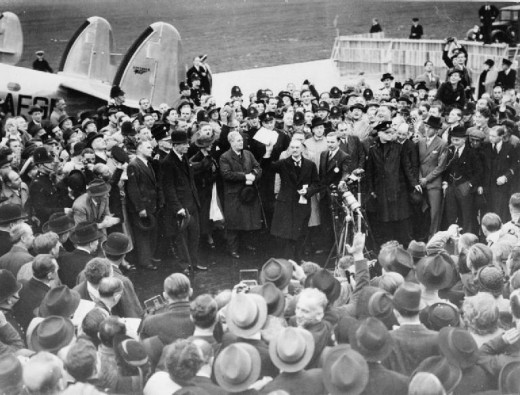

The Russian "Reset"
Next came the Russian "reset." Here's a quote on a CBS News website on former Alaska Governor Sarah Palin: "In October 2008, after Russia's invasion of neighboring Georgia emerged as a foreign policy flashpoint in the homestretch of a heated campaign, Palin told an audience in Nevada, 'After the Russian army invaded the nation of Georgia, Senator Obama's reaction was one of indecision and moral equivalence, the kind of response that would only encourage Russia's Putin to invade Ukraine next.'" (http://www.cbsnews.com/news/sarah-palin-on-russian-action-in-ukraine-told-you-so/) During of the 2012 presidential debates, candidate Mitt Romney voiced concern over Russia as "geo-political threat." Here's the response by Obama and Romney's retort:
“You said Russia. Not Al Qaida. You said Russia,” Obama said regarding biggest threats. “The 1980s are now calling to ask for their foreign policy back because…the cold war’s been over for 20 years.”
Romney offered a powerful retort: “Russia, I indicated, is a geopolitical foe…and I said in the same paragraph I said and Iran is the greatest national security threat we face. Russia does continue to battle us in the U.N. time and time again. I have clear eyes on this. I’m not going to wear rose-colored glasses when it comes to Russia or Mr. Putin…”
(http://www.theblaze.com/stories/2014/03/01/remember-obama-mocking-romney-over-russia-concerns-the-1980s-are-now-calling-to-ask-for-their-foreign-policy-back/).
The United States was supposed to install a limited missile defense "shield" with assets in Poland and the Czech Republic. The system was designed with Iran in mind but the Russians, fearing it would be effective against their own offensive capabilities, strongly objected and, eventually, Obama caved and the program was cancelled. One must ask the question: if the US/Russia relationship was "reset," why would the Russians be concerned about a limited ABM system "aimed" at Iran? Their reaction seems to me to be proof positive that they still consider the US and NATO to be adversaries and wish to maintain both tactical and strategic advantage. (Remember it was President Reagan's Strategic Defense Initiative that significantly contributed to the USSR's eventual demise. For more on this, see my earlier article on missile defense: http://alexdrinkh2o.hubpages.com/hub/ON-MISSILE-DEFENSE.
In any case, Score one for Vladimir Putin.
Failures in the Middle East - ISIS
Obama, as he did concerning Syria and Iran, engaged in "tough talk" about Russian actions in Ukraine but did nothing. Speaking of Syria, how many times did we hear about a "red line" being crossed if Syria used WMD against rebels? Later he claimed he said no such thing. When all this was going on in Syria, people like Senator John McCain advocated arming some of the rebel groups against Assad that weren't affiliated with al-Qaeda and like terrorist groups, but nothing was done. Thus, the roots of ISIS were planted. As the "Islamic State" started making its way east and began a campaign of destruction and outright murder, Obama dismissed them as the "JV" (junior varsity) terrorist group. Well, they've made it to the big time and Christians and other minorities are being slaughtered as you read this. In addition, several Iraqi cities that American troops shed blood to take back from al-Qaeda-backed terrorists are now under ISIS control. The "caliphate" grows. Only the Kurds and the remnants of the Iraqi army stand in there way. Obama' response? A few military "advisors," some humanitarian aid, and a couple of 500 pound bombs on a few ISIS artillery emplacements and transport vehicles. Better than nothing I guess . . . and by the way, on14 December 2011, Obama said "We are leaving behind a sovereign, self-reliant and stable Iraq." A bit off the mark I would say.
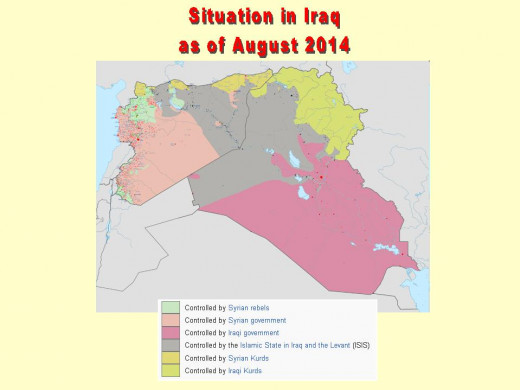
Speaking of Iran, Obama has stated over and over again that the US will not allow Iran to develop nuclear weapons, but the best he could up with was an "agreement" essentially delaying Iranian efforts to enrich uranium in exchange for lifting some economic sanctions. Israeli Prime Minister Benjamin Netanyahu called it a "historic mistake," saying Iran was "taking only cosmetic steps which it could reverse easily within a few weeks, and in return, sanctions that took years to put in place are going to be eased." He also stated "What was concluded in Geneva last night is not a historic agreement, it's a historic mistake," Israeli Prime Minister Benjamin Netanyahu told reporters. "It's not made the world a safer place. Like the agreement with North Korea in 2005, this agreement has made the world a much more dangerous place." Amen to that.
(http://www.cnn.com/2013/11/24/world/meast/iran-israel/index.html)
In Egypt, Obama actively supported the overthrow of Hosni Mubarak who had ruled Egypt with an iron fist for decades. Yes, Mubarak was a dictator but he was a friend of the United States and maintained a peace treaty with Israel. So what happens? Mubarak is overthrown and is soon replaced by Muhammad Morsi who was from the Muslim Brotherhood and Egypt started to become another version of Iran. The Egyptian military (and the Egyptian public) saw what was happening and fortunately removed him from office. (This is reminiscent of then-President Jimmy Carter's meddling in Iran when the Shah was overthrown. What did we get in return? Ayatollah Khomeini and the birth of an Islamic, terrorist state and the takeover of our embassy in Tehran.)
In Libya, Muammar Qaddafi was an absolute disaster of a leader and he had to go, so Obama "led from behind" and provided some air cover for Libyan rebels. This and the situation in Egypt became known as part of the "Arab Spring" (named after the short-lived "Prague Spring" in 1968 when Czech leaders tried to institute some liberalization of the government of what was then Czechoslovakia, only to be quickly put down by the Soviets.) After Qaddafi's demise, there was an absence of centralized power in the country and terrorist groups like Ansar al-Sharia blossomed. This led to the notorious Benghazi attacks and the resulting deaths of four Americans, including our ambassador. This incident is still being investigated and the story is too well known to be repeated here. Suffice it to say that our governments response to the attack was, at best, an example of gross incompetence and, at worst, an example of criminal negligence. Heads will probably roll at some point but the Obama administration is stonewalling the inquiries by Congress. (By the way, probable 2016 presidential candidate Hillary Clinton still needs to answer on this one -- "What difference at this point does it make?" just isn't gonna cut it . . .)
. . . and Israel
Now we come to Israel. Does anyone seriously think our relationship with Israel has not been damaged by this administration? The White House maintains the U.S.-Israel relationship “remains strong and unchanged” even though Prime Minister Netanyahu admonished State Department officials “not to ever second-guess me again” after militants violated a cease-fire agreement. Secretary of State John Kerry has been severely criticized by Israeli officials and in the Israeli press after he presented Israel with a "peace proposal" which, in essence, included virtually all of the demands of the terrorist group Hamas (which continues to fire rockets into Israel on a daily basis). Needless to say, the "proposal" was rejected. And which party is getting criticized every day in this fight? Israel! (Critics are calling Israel's response as "disproportionate." What exactly would be a "proportionate" response to Hamas? Firing missiles into Gaza and not worrying about they land?) Israel's struggle to defend itself continues as I write this.
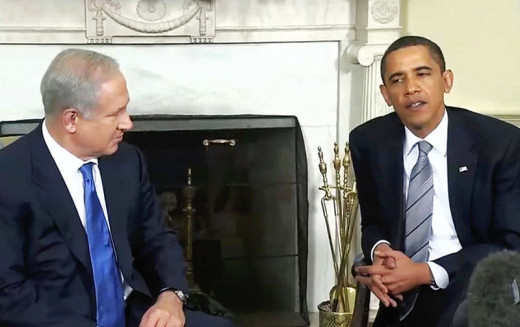
How About Our Military?
In light of all this, how well is our military prepared to deal with these situations? The answer is unfortunately not too well. Consider the following:
"The National Defense Panel appointed to conduct independent reviews of the Nation’s military readiness warned last week that President Barack Obama is making the U.S. Armed Forces too weak to respond to growing global threats.
A new report out from the panel said that defense budget cuts and the Obama Administration’s assertions that the U.S. should have a smaller military in the President’s 2014 Quadrennial Defense Review (QDR) leave the U.S. with a military that is “inadequate given the future strategic and operational environment.”
According to the defense experts, the U.S. is in need of upgrades and expansions to meet global challenges that cause the Nation to have to respond to multiple threats at once."
(August 4, 2014 by Sam Rolley: Defense Panel: Obama Making U.S. Too Weak - http://personalliberty.com/defense-panel-obama-making-u-s-weak/)
So What Year Is it REALLY?
So, here we are in late summer 2014 with Christians and other minorities getting slaughtered in the Middle East, Israel under daily attack from what has become for all intents and purposes a terrorist state on its southern border, Russia is starting to gobble up its neighbors, Iran continues to develop nuclear capabilities, and even North Korea is getting into the act occasionally threatening the us with "nuclear annihilation." And what has President Obama been doing these past few days? Playing golf on Martha's Vineyard. I doubt that even Neville Chamberlain behaved this way during the run up to World War II.
2014 is a lot more like 1938 than you might think.




